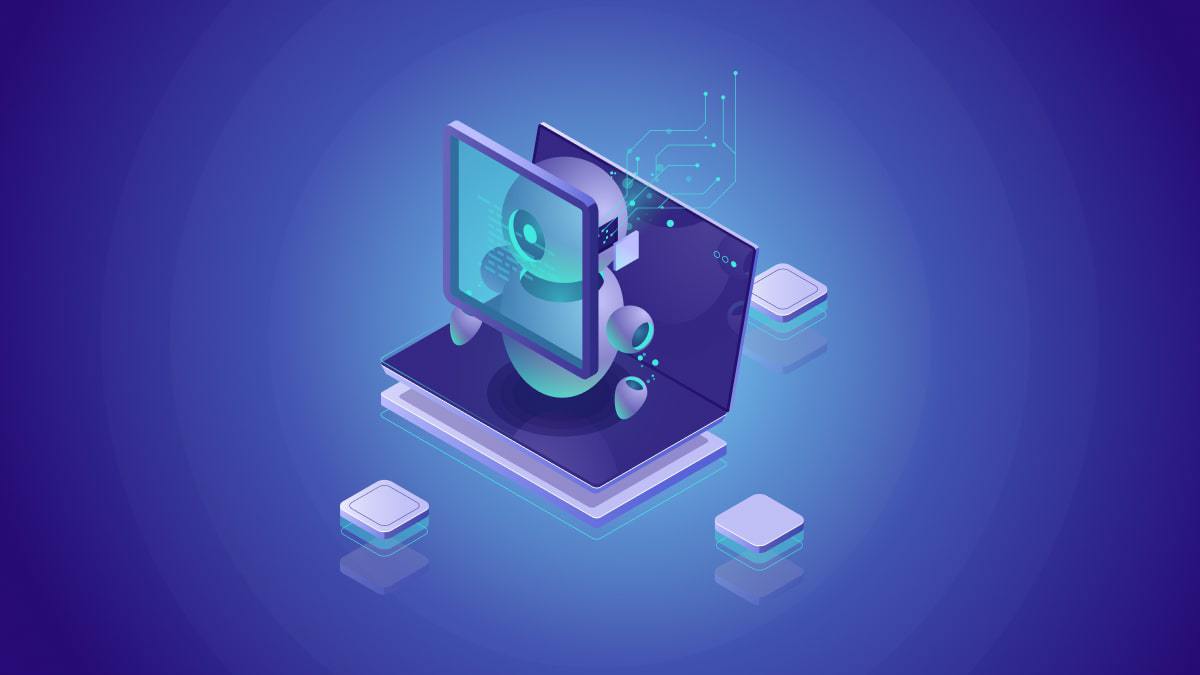With the advent of artificial intelligence, quality assurance has experienced a significant metamorphosis, radically altering how businesses handle software testing along with validation procedures. The complex applications, and quickening development cycles, as well as exacting quality requirements that contemporary organizations expect are too much for traditional QA approaches to handle. The AI QA automation is a game-changing tool that blends automated testing skills with intelligent algorithms to provide results of exceptional quality.
Cognitive Learning Capabilities and Behavioral Pattern Analysis
AI QA automation systems have advanced cognitive learning capabilities that continually examine user interactions, application behavior, and system responses to gradually develop a thorough knowledge. By observing testing trends, spotting irregularities, and learning from past test runs, these intelligent systems greatly increase the precision and efficacy of testing in the future. While identifying typical vs anomalous behavior patterns that point to possible flaws or performance problems, machine learning algorithms adjust to changes in the application. With each testing cycle, AI systems may get wiser thanks to this cognitive approach, producing insights that are more precise and of higher quality.
Natural Language Processing for Test Requirements Interpretation
Advanced AI QA solutions automatically convert textual test requirements, user stories, and business specifications into executable test scenarios by using natural language processing capabilities. This ground-breaking method ensures thorough coverage of business requirements and functional specifications expressed in simple English while doing away with the need to manually create test cases. NLP algorithms create pertinent test cases that verify intended functionality by comprehending the context, intent, and business logic included in requirement papers. Technical testing teams and business stakeholders may successfully communicate using natural language interpretation.
Visual Recognition Technology for Interface Testing Excellence
By automatically detecting visual elements, layout modifications, and design discrepancies across various devices, browsers, and screen resolutions, AI-powered visual recognition revolutionizes user interface testing. Alignment problems, color variances, and pixel-level abnormalities are all detected by computer vision algorithms that human testers could miss during manual visual inspections.
Autonomous Defect Classification and Priority Assignment Systems
Based on business effect analysis and past defect data trends, intelligent defect management systems automatically categorize problems, assign severity levels, and rank repair efforts. In order to make well-informed judgments on defect management and resource allocation priorities, artificial intelligence algorithms examine defect characteristics, impacted functionality, and business criticality. While guaranteeing that urgent problems receive prompt attention and the proper distribution of resources, our autonomous categorization lowers the overhead associated with manual triage.
Predictive Quality Analytics and Release Readiness Forecasting
Based on thorough data analysis and machine learning models, AI QA solutions offer strong predictive analytics that foresee software quality trends, release readiness, and possible risk areas. To produce precise quality evaluations and release recommendations, predictive algorithms examine testing metrics, code modifications, and defect trends, along with historical data. Throughout development lifecycles, this forecasting capability supports data-driven decision making as well as facilitates proactive quality control.
Conclusion
Opkey’s AI-driven QA automation is revolutionizing software testing. It helps companies to assure perfect releases, decrease human labor, and speed up testing cycles by fusing Machine Learning, Natural Language Processing, and Predictive Intelligence. Opkey enables both IT and business teams to attain unparalleled productivity with its AI-powered test builder, 30,000+ pre-built test library, AI-powered impact assessment, self-healing scripts, and ERP-specific chatbot assistant. It provides comprehensive dashboards, impact analysis, and predictive analytics to confidently guarantee release preparedness. With Opkey, you can experience QA automation that is clever, smooth, and genuinely revolutionary.











